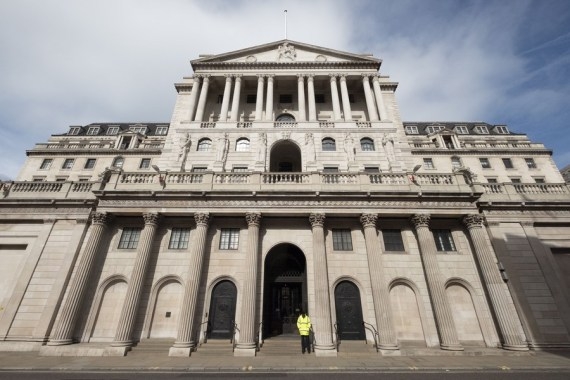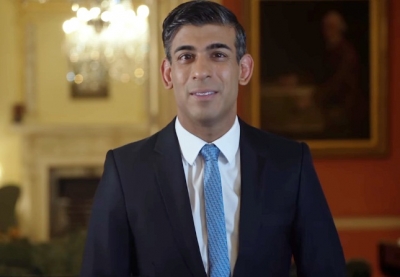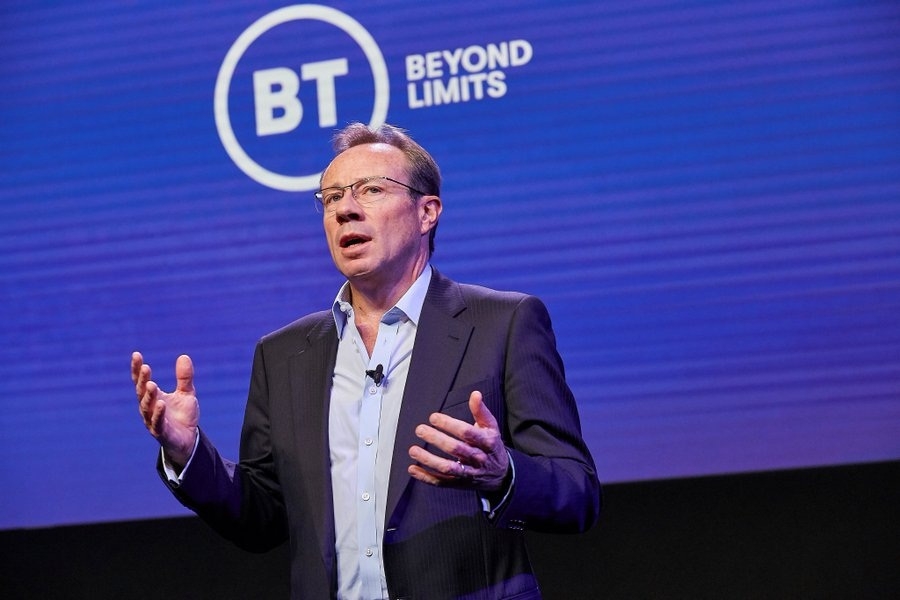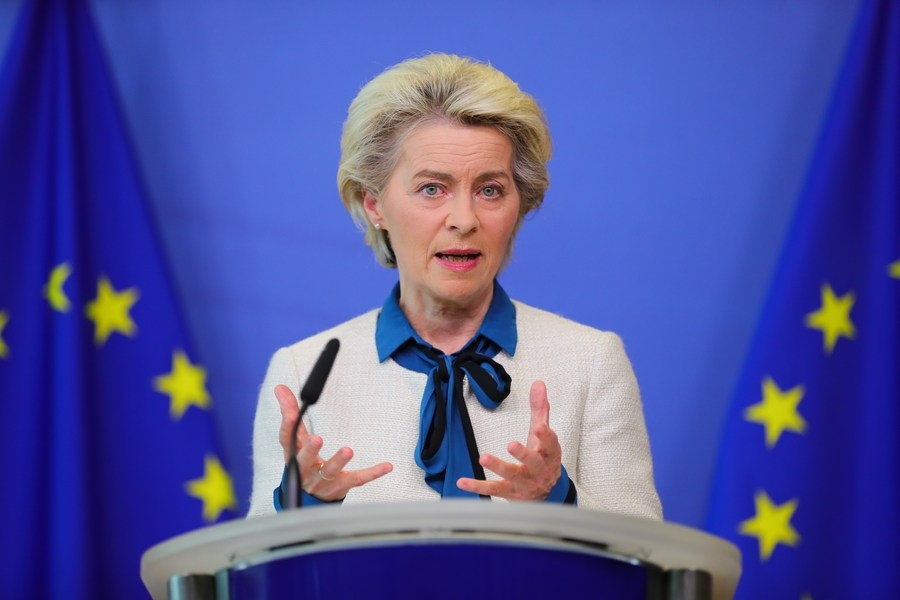These areas of persistence, he continued, include domestic wage growth and price setting…reports Asian Lite News
After more than a year of warnings, Bank of England Governor Andrew Bailey says the U.K. is now experiencing a wage-price spiral despite 12 consecutive central bank interest rate hikes.
“Some of the strength in core inflation [in the U.K.] reflects the indirect effects of higher energy prices,” Bailey said in a Wednesday speech. “But it also reflects second-round effects as the external shocks we have seen interact with the state of the domestic economy.”
“As headline inflation falls, these second-round effects are unlikely to go away as quickly as they appeared.”
These areas of persistence, he continued, include domestic wage growth and price setting.
This situation risks a wage-price spiral — a theory that says that workers bargain for wage increase as inflation rises, fueling higher demand and pushing companies to raise prices to compensate for steeper expenses. This in turn leaves workers requiring higher wages to afford goods and services — perpetuating so-called “second-round effects.”
The U.K. inflation rate surprised economists by holding above 10% in March. Core inflation, excluding food, energy, alcohol and tobacco, was steady on the previous month at 5.7%.
Bailey said that the loosening of the labor market, as vacancies begin to fall, is happening more slowly than the central bank previously anticipated.
He noted that nominal wage growth — not adjusted for inflation — and services price inflation had occurred in line with the bank’s forecasts. The Bank of England sees signs of a slowdown in wage growth, but observes that services inflation remains elevated, Bailey added.
The bank’s monetary policy committee “continues to judge that the risks to inflation are skewed significantly to the upside,” he said, and would keep adjusting its main bank rate “as necessary” to reach its 2% inflation target.
Bailey incurred backlash in February last year, when he said that businesses should show “restraint” in pay negotiations, and that “broadly” workers should not ask for big pay rises. His comments were at the time slammed as out of touch, as the public faced a growing cost-of-living crisis, with inflation creating sharp falls in wage growth in real terms.
Economists and policymakers in the EU and U.S. have said in recent months that they no longer see significant risks of a wage-price spiral in those economies, with salaries having room to rise to catch up with inflation and historic stagnation.
Many also say there are signs that companies have been raising prices above their input price inflation, which has protected corporate profit margins.
Alberto Gallo, chief investment officer at Andromeda Capital Management, previously told CNBC that the U.K. was the developed economy most at risk from a wage-price spiral because of factors including weakness in the British pound, reliance on food and energy imports and a tight labor market constrained by post-Brexit rules.
Huw Pill, Bank of England chief economist, sparked a similar furore last month, when he said on a podcast that there was a reluctance in Britain to accept that “we’re all worse off, we all have to take our share,” and that workers and companies needed to stop passing price rises on to each other.
“If what you’re buying has gone up a lot relative to what you’re selling, you’re going to be worse off,” Pill said.
“So somehow in the U.K., someone needs to accept that they’re worse off and stop trying to maintain their real spending power by bidding up prices, whether higher wages or passing energy costs through on to customers.”
Addressing the backlash, Pill said in comments quoted by Reuters earlier this week that he would “probably use somewhat different words.”
Nevertheless, he continued, “I appreciate this is a little bit of a tough message, but … having to pay more for what we’re buying from the rest of the world relative to what we’re selling to the world is a squeeze on our spending power.”
ALSO READ-Bank of England hikes rates














